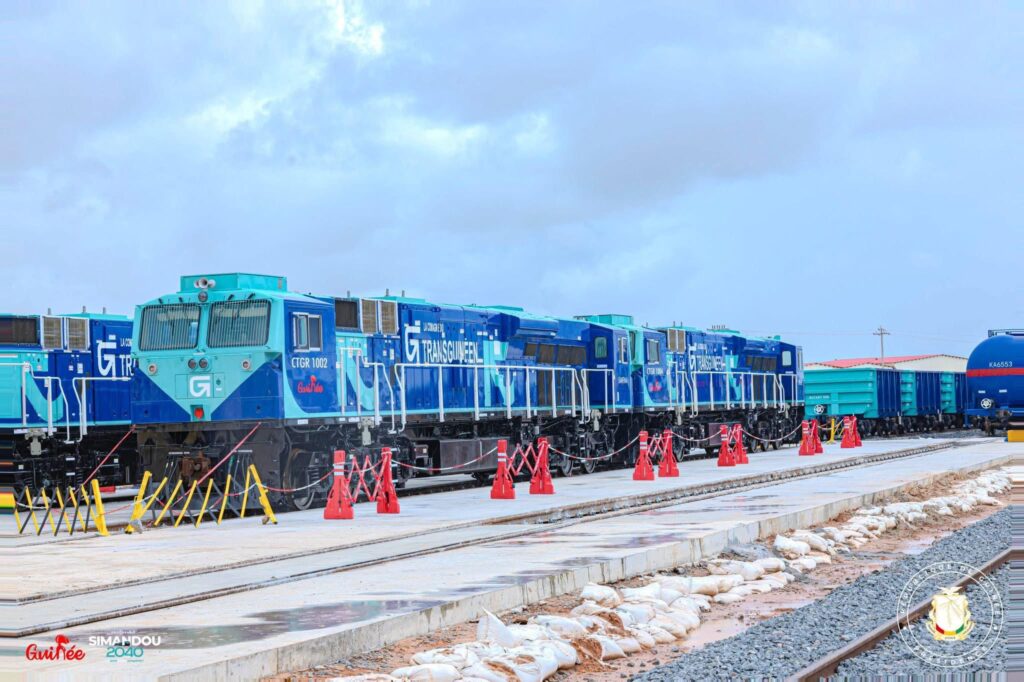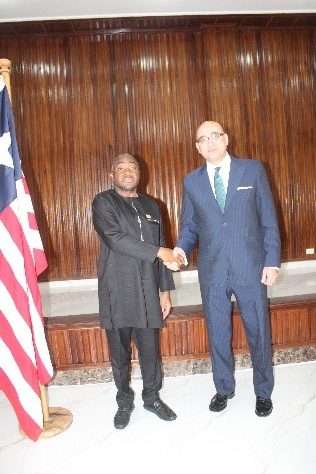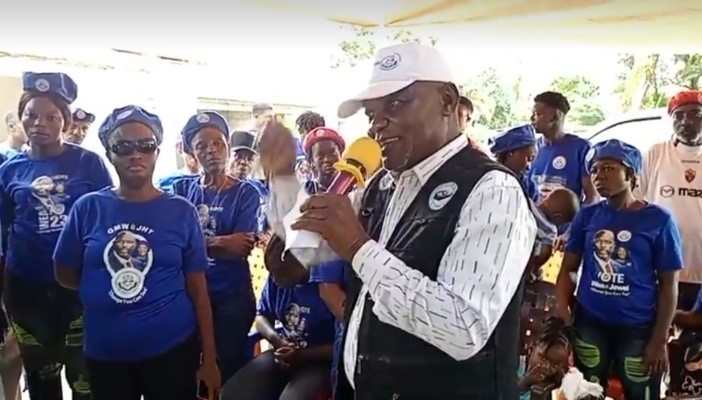“In a serious democracy, the government fights to absorb the financial shocks when there is crisis. In Liberia, the government plays hands-off and allows the poor people to bear the brunt of the financial pain, instead of striving for an economic balance and keeping real wage constant,” an observer of the mismanagement of the economy, Boakai Jaleiba, writes.
Jaleiba’s statement is in direct reference to the sky-rocketing inflation of the prices of gasoline and fuel on the Liberian market.
On Saturday, March 5, 2022, the Ministry of Commerce and Industry and the Liberia Petroleum Refining Company (LPRC) assured the public that there is more than adequate supply of petroleum products in country to serve the local market for the next several months, and that there should be no reason for panic buying of gasoline or diesel fuel. However, this statement was stumbled over just after two days when the government entities reverted with escalated prices for gas and fuel, claiming that it was in consultation with the importers of the produce.
On Monday, March 7, 2022, the Ministry of Commerce announced that gasoline price has increased from L$620 to L$875 and fuel from L$635 to L$930—reportedly the highest in West Africa.
Worse of it, the Commerce Ministry announced the increment without the Ministry of Transport putting in place any price structure for transportation fare—leaving the poor masses to shoulder the financial burden for both the importers and the commercial drivers.
Noticing the adverse effect on the people, the Ministry of Information on March 9, 2022 acknowledged that the increment is “hard to bite down”, but defended the government’s position that it was necessary to ensure the constant availability of the products on the market and the stability of the price. “We are hoping that in the next month or so, we can revisit the decision and there can be a decrease,” Minister Rennie fumbled in his statement.
“How can the government claim that there is more than adequate supply of petroleum products in country to serve the local market for the next several months but fails to protect our interest until it finds an amicable solution to the problem?” an observer wondered.
Speaking to the Hot Pepper on the basis of anonymity, a source close to government said, even though this is a global crisis, the government had many options to prevent the increment, but chose to do business with the importers for them to maximize profit while government generates more revenue, at the expense of the poor masses.
“There is an added price on each gallon of gasoline and fuel that goes towards the Road Fund—the government could have suspended the amount to give way for the new increment; the new price would have been far less,” the source said.
Observers are saying that the government of President Weah has concerned itself with tax revenue, which is sometimes at the detriment of the people. “A government that prices itself as ‘pro-poor’ should be suspending petroleum levies and absorbing the shocks. That would have been a pro-poor intervention. Sierra Leone and Rwanda did the same,” Jaleiba noted.







